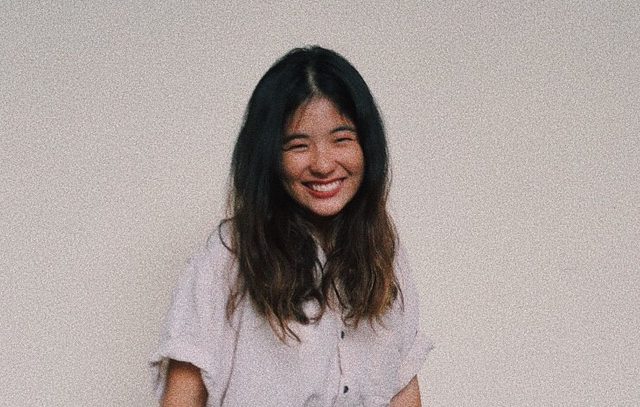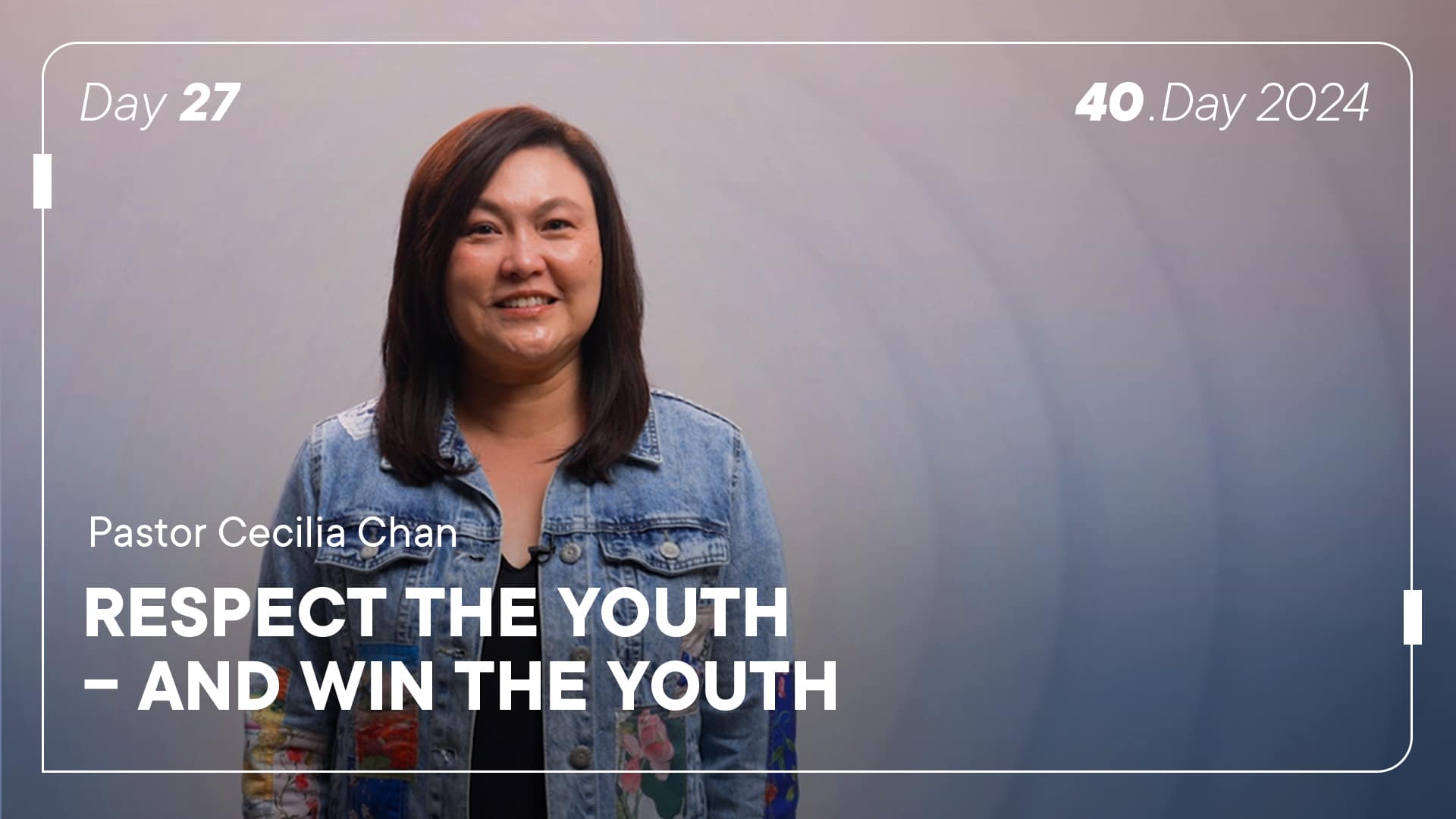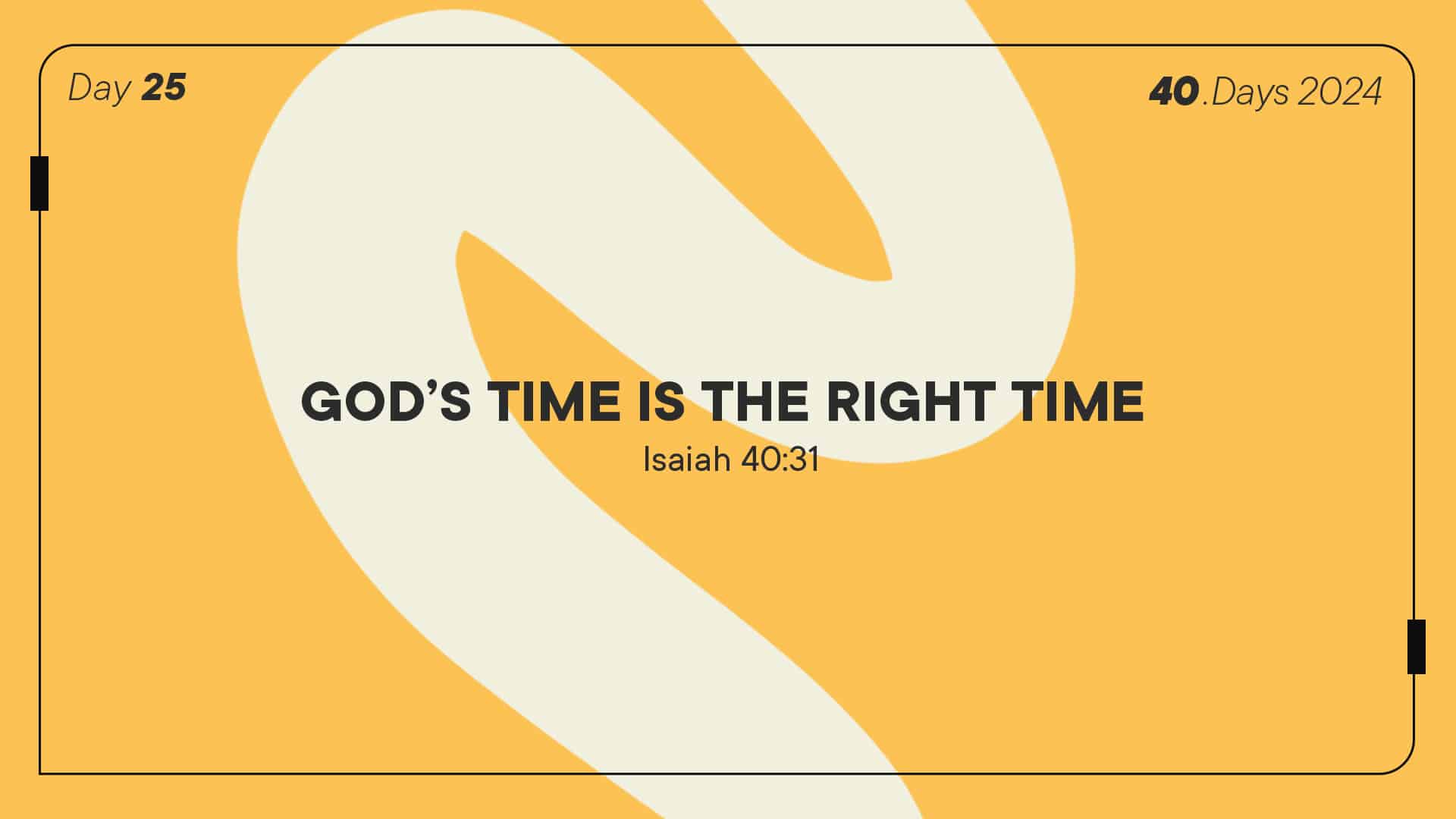“God doesn’t spare me of thirst, but He brings water”: America’s Got Talent golden buzzer singer who is stricken with 3 cancers
Ethel Lim // June 11, 2021, 4:57 pm

“I see mercy in the dusty sunlight that outlines the trees, in my mother’s crooked hands, in the blanket my friend left for me," says singer Jane Marczewski whose golden buzzer performance at AGT has gone viral. "And I learn a new prayer: thank you. It’s a prayer I don’t mean yet, but will repeat until I do.” Screenshot from AGT's Youtube page.
She stands on the stage, her figure slight and ordinary, dressed unassumingly in a black shirt and white jeans. Her soft and feathery cropped hair rests lightly on her head, as she looks at the crowd with her bright and clear eyes.
This is Jane Marczewski, a young woman from Ohio who has had three bouts of cancer – in her lungs, spine and liver – barely before the age of 30. Doctors say she has a 2% chance of survival, or six months to live.
“I’m singing an original song,” she tells the judges at talent show America’s Got Talent (AGT). “It’s called ‘It’s Okay‘.”
Her clear voice rings through the darkness of the hall and – we realise later – the darkness in her life.
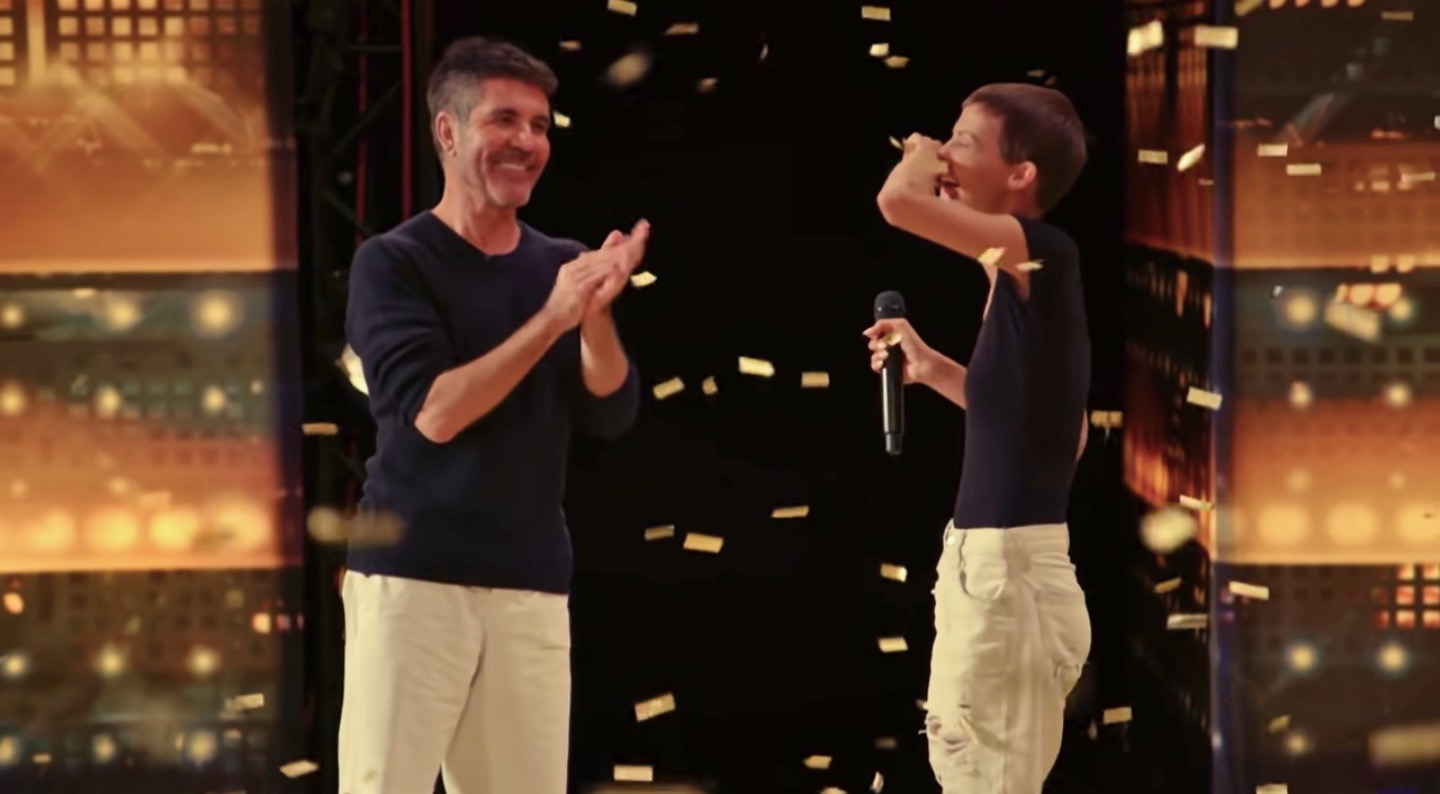
“That really got to me,” said tough judge Simon Cowell, who brushed away a tear after the achingly authentic performance of “It’s Okay” by Marczewski, whose stage name is Nightbirde. Screenshot from AGT’s Youtube page.
In the darkness, a prayer
On New Year’s Eve in 2019, Marczewski was diagnosed with terminal cancer, tumours infiltrating her lungs, liver, lymph nodes, ribs and spine. This would eventually collide with a divorce late in 2020.
After her husband told her he didn’t love her any more, her body and soul were wracked with grief.
Even after getting successfully treated for her cancer in California after 16 weeks, the collateral damage had caused a physical head trauma, resulting in her brain sending false signals of intense pain and panic.
In Marczewski’s blog, nightbirde.co, she writes about the darkness of the earth, before it had been formed by God – a “vast and damp emptiness” – that is much like her own darkness.
“It’s not the mercy that I asked for, but it is mercy nonetheless.”
She writes about the days tears have become the only prayer she knows, prayers that she repeats “night and day; sunrise, sunset”.
As she prays, she reminds herself that she is praying to a God who had “let the Israelites stay lost for decades”.
“They begged to arrive in the Promised Land, but instead He let them wander, answering prayers they didn’t pray,” she writes. “For forty years, their shoes didn’t wear out. Fire lit their path each night. Every morning, He sent them mercy-bread from heaven.
“I look hard for the answers to the prayers that I didn’t pray. I look for the mercy-bread that He promised to bake fresh for me each morning. The Israelites called it manna, which means ‘what is it?'”
Yet her despair has not blinded her to God’s presence.
In her blogpost “God is on the bathroom floor”, she says: “I see mercy in the dusty sunlight that outlines the trees, in my mother’s crooked hands, in the blanket my friend left for me, in the harmony of the wind chimes.
“It’s not the mercy that I asked for, but it is mercy nonetheless. And I learn a new prayer: thank you. It’s a prayer I don’t mean yet, but will repeat until I do.”
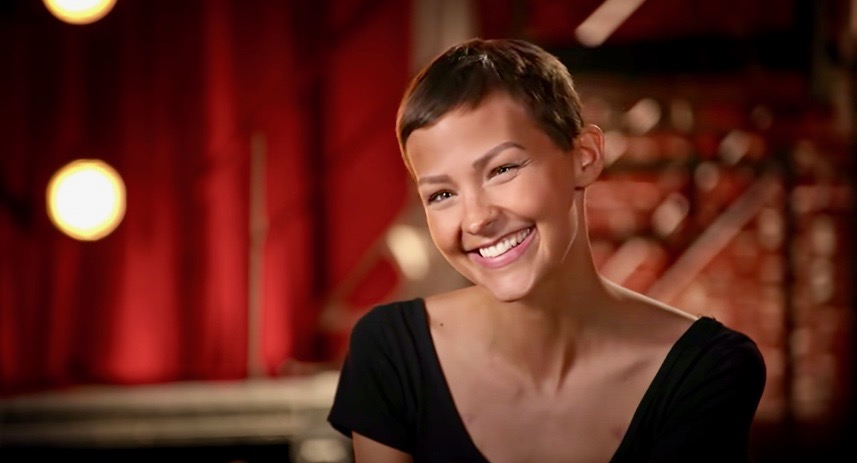
“Why do we believe that when we are in pain, it must mean God is far?” Marczewski says in her blog nightbirde.co. “The Creator is still here, where He has always been, hovering over the emptiness.” Screenshot from AGT’s Youtube page.
Even in the dark, as she is curled on the bathroom floor, she cries to God and curses Him in the same breath, she says, until all that is left is a whimper. Darkness is an easy abyss to lie in.
“He doesn’t take away my darkness, he adds light. He doesn’t spare me of thirst, he brings water.”
But in this darkness, as she lies on the bathroom floor, there is a meeting with God.
“I am God’s downstairs neighbour, banging on the ceiling with a broomstick. I show up at His door every day. Sometimes with songs, sometimes with curses. Sometimes apologies, gifts, questions, demands. Sometimes I use my key under the mat to let myself in. Other times, I sulk outside until He opens the door to me Himself.
“Call me bitter if you want to – that’s fair. Count me among the angry, the cynical, the offended, the hardened. But count me also among the friends of God. For I have seen Him in rare form. I have felt His exhale, laid in His shadow, squinted to read the message He wrote for me in the grout: ‘I’m sad too.'”
“I have felt His exhale, laid in His shadow, squinted to read the message He wrote for me in the grout: ‘I’m sad too.’”
Marczewski’s grief is honest, but hopeful.
“I haven’t come as far as I’d like, in understanding the things that have happened this year. But here’s one thing I do know: when it comes to pain, God isn’t often in the business of taking it away. Instead, he adds to it.
“He is more of a giver than a taker. He doesn’t take away my darkness, he adds light. He doesn’t spare me of thirst, he brings water. He doesn’t cure my loneliness, he comes near. So why do we believe that when we are in pain, it must mean God is far?
“In the beginning, there was immense, immeasurable emptiness. But God was drawn to it like a fog to the sea. He stretched out His spirit over the void, and He stayed. If the stories I’ve heard of Him are true, surely He is nearest of all, to me. To us. You see, the Creator is still here, where He has always been, hovering over the emptiness.
“I am still begging, bargaining, demanding, disappearing. And I guess that means I have all the more reason to say thank you, because God is drawing near to me.”
It’s okay
As she stands on the AGT stage, she sings with conviction and assurance: “It’s okay, if you’re lost. We’re all a little lost, and it’s alright.”
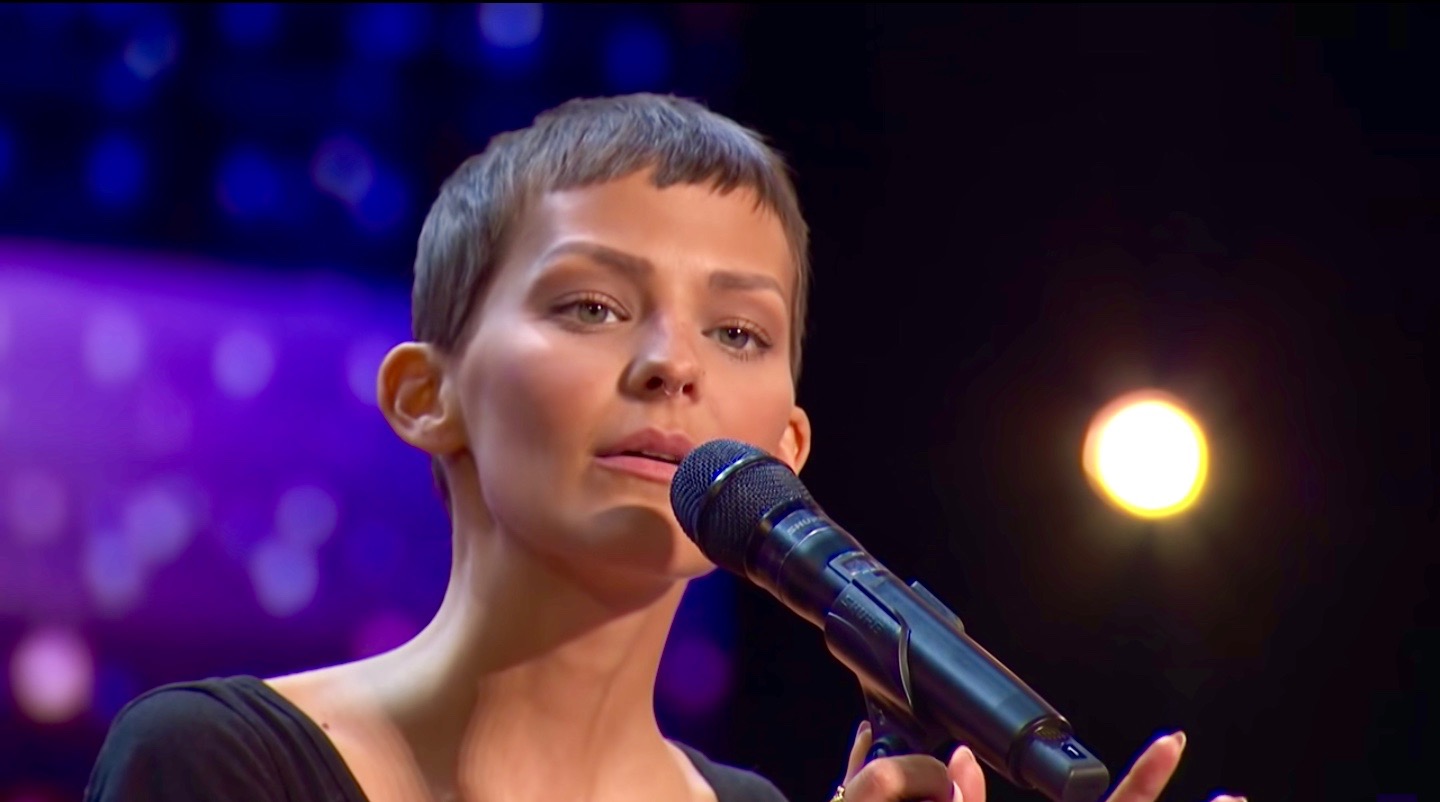
“You are the voice we all need to hear this year,” AGT host Terry Crews tells the young woman backstage after the audience erupts with applause and a standing ovation. Screenshot from AGT’s Youtube page.
She stays in the waiting, even when the sky is not clear, trusting that the Lord is near.
“Maybe the breaking means I’m finally reaching home.”
The crowd in the hall stands to applause, and it is thundering.
She wipes a tear, and takes a shaky breath of relief.
“It’s important that everyone knows that I am so much more than the bad things that happen to me,” she says in response.
“I have a 2% chance of survival. But 2% is not 0%; 2% is something! And I wish people knew how amazing it is.”
Simon Cowell reaches for the golden buzzer, and tears fill her eyes again. This time, it is tears of joy.
MORE STORIES OF FAITH THROUGH PAIN:
The gifts in the valley: How God shepherded a pastor’s soul after his wife died
Breaking the silence: A foreign domestic worker and rape survivor’s story of healing
We are an independent, non-profit organisation that relies on the generosity of our readers, such as yourself, to continue serving the kingdom. Every dollar donated goes directly back into our editorial coverage.
Would you consider partnering with us in our kingdom work by supporting us financially, either as a one-off donation, or a recurring pledge?
Support Salt&Light